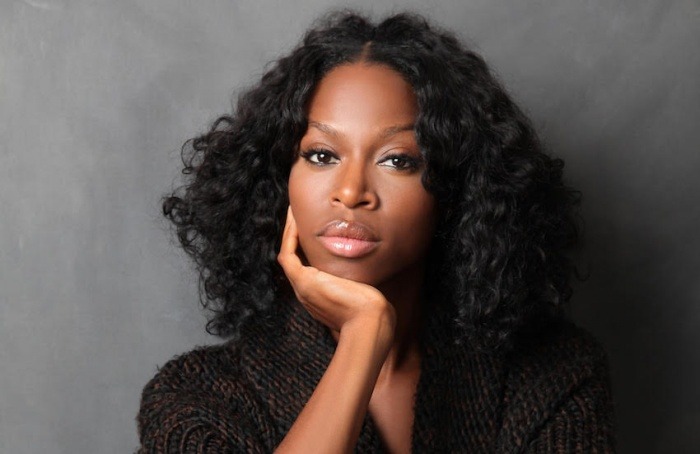
Taiye Selasi was born in London, raised in Boston, living in Rome, to parents of Ghanaian and Nigerian origin. She’s one of the guest masters of the Gabriel García Márquez Fellowship in Cultural Journalism, that will take place in Colombian Caribbean from april 26th to may 3rd. Apply here.
Through this articles, essays and interviews you will get to know this author’s work, as she was included in the list of 39 Sub-Saharan African writers under the age of 40.
Bye-bye Babar (or What is an Afropolitan)
This essay, which Selasi published in 2005, gave a face to a class of sophisticated, cosmopolitan young Africans working and living in cities around the globe, who constantly defy downtrodden stereotypes. Like her, “they belong to no single geography, but feel at home in many”.
Teju Cole talks to Taiye Selasi: ‘Afropolitan, American, African. Whatever’
In this conversation for The Guardian, Taiye Selasi and Teju Cole -writer, art historian and photographer- discuss translation, ‘travelling while black’ and how to avoid classification.
Ghana Must Go book review
For Margaret Busby, author of this book review for The Independent, Selasi’s first novel “puts together a moving story of a fragmented family, salvaging resolution from the secrets and lies of the past”.
Bonus track: Taiye Selasi reading Ghana Must Go
Taiye Selasi reading from Ghana Must Go from Louisiana Channel on Vimeo.
About the Gabo Fellowship
The focus of the workshop in 2017 will be an exploration of the relationship between journalism and fiction with García Márquez’s One Hundred Years of Solitude serving as a map on the occasion of the fiftieth anniversary of its publication.
A total of 15 journalists from all over the world will work over six days in Cartagena, Barranquilla and Aracataca, under the guidance of four international masters: Jonathan Levi, Héctor Feliciano, Daniel Samper Pizano and Taiye Selasi.
This Fellowship is called by the Gabriel García Márquez New Journalism Foundation –FNPI- and the Ministry of Culture of Colombia, with the support of Cartago Foundation and Procolombia.